Home>diy>Home Improvement>How To Budget For Home Renovation


Home Improvement
How To Budget For Home Renovation
Modified: December 7, 2023
Learn how to budget effectively for your home renovation with expert tips and strategies. Ensure your home improvement project stays on track and within your financial means.
(Many of the links in this article redirect to a specific reviewed product. Your purchase of these products through affiliate links helps to generate commission for Storables.com, at no extra cost. Learn more)
Introduction
Welcome to the world of home renovation! Whether you’re looking to update your kitchen, remodel your bathroom, or give your entire house a makeover, embarking on a home renovation project can be an exciting and rewarding experience. However, it’s important to approach it with careful planning and budgeting to ensure a successful outcome.
In this comprehensive guide, we will walk you through the process of budgeting for your home renovation. From assessing your renovation needs to determining your budget and researching costs, we’ll cover everything you need to know to make informed decisions and stay on track financially.
Before we dive into the details, it’s essential to emphasize the significance of budgeting. Setting a realistic budget will not only help you stay within your financial means but also prevent unexpected expenses and ensure that you get the most value out of your renovation project.
So, let’s get started on your journey to a beautifully transformed home without breaking the bank!
Key Takeaways:
- Plan your home renovation budget by assessing needs, setting clear goals, and researching costs. Prioritize projects, allocate funds for contingencies, and track expenses for a successful outcome.
- Consider various financing options, create a detailed budget, and stay flexible to adapt to unexpected challenges. With thorough budgeting, you can achieve your dream home renovation without financial stress.
Assessing Your Home Renovation Needs
Before you begin budgeting for your home renovation, it’s important to assess your needs and identify what areas of your home require improvement. Take a critical look at your living space and consider what aspects you would like to change or enhance.
Start by creating a list of the specific areas or rooms in your home that you wish to renovate. Are you looking to update your outdated kitchen? Is your bathroom in need of a modern makeover? Or do you want to add an extra room to accommodate a growing family?
Once you have identified the areas for renovation, break down the specific elements that need attention. For example, if you’re renovating your kitchen, consider whether you need new cabinets, countertops, appliances, or flooring.
Next, assess the condition of your home’s infrastructure. Are there any electrical, plumbing, or HVAC systems that need repair or upgrading? These underlying issues may not be as visually noticeable but play a crucial role in the overall functionality and safety of your home.
Additionally, consider the aesthetic aspects of your home that you would like to improve. Do you want to change the color scheme, upgrade the lighting fixtures, or install new windows and doors for better energy efficiency?
Remember, the goal of assessing your home renovation needs is to have a clear understanding of what changes you want to make and to prioritize them based on importance and budget constraints.
By taking the time to evaluate your home renovation needs, you can ensure that your budget is allocated to the areas that will provide the most value and satisfaction in the long run.
Setting Your Renovation Goals
Once you have assessed your home renovation needs, it’s time to establish your renovation goals. Setting clear and specific goals will help guide your budgeting process and ensure that your renovation project aligns with your vision.
Start by determining the purpose of your renovation. Are you renovating to increase the value of your home for a potential sale? Do you want to create a more functional and comfortable living space for your family? Or are you simply looking to update the aesthetic appeal of your home?
Consider the timeline for your renovation project. Do you have a specific deadline in mind, such as completing the renovation before the holiday season or a special event? Setting a realistic timeline will help you plan accordingly and manage your budget effectively.
Next, establish your priorities. Determine which aspects of your renovation are essential versus nice-to-haves. For example, if you’re remodeling your bathroom, is it more important to have a luxurious spa-like shower or a double vanity with ample storage space?
It’s also crucial to consider the long-term impact of your renovation goals. Will the changes you make to your home improve its functionality and convenience for years to come? Will they align with your future plans, such as accommodating a growing family or aging in place?
Another important aspect of setting renovation goals is considering sustainability. Are you aiming for eco-friendly upgrades that will reduce your carbon footprint and energy bills? Incorporating sustainable materials and energy-efficient systems can have a positive impact on both the environment and your wallet.
Ultimately, by setting clear renovation goals, you can prioritize your spending and ensure that your budget is allocated to the areas that matter most to you. This will help you stay focused and aligned with your vision throughout the renovation process.
Determining Your Budget
Now that you have assessed your home renovation needs and set your goals, it’s time to determine your budget. Your budget will serve as the foundation for your entire renovation project, guiding your decision-making process and ensuring that you can afford the changes you want to make.
Start by evaluating your financial situation. Take a realistic look at your income, savings, and any available funds you can allocate towards your renovation. Consider how much you can comfortably afford to spend without straining your finances or going into debt.
Next, research the average costs of renovations similar to yours. Look for reliable sources, such as contractor estimates, online calculators, and home improvement resources, to get an idea of the range of costs involved. Keep in mind that these figures can vary based on factors such as location, materials, and the extent of the renovation.
It’s important to have a contingency plan for unexpected expenses. As a general rule of thumb, set aside an additional 10-20% of your total renovation budget for unforeseen costs that may arise during the project. This will help you avoid any financial surprises and ensure that you have a safety net to cover any unexpected expenses.
Consider the return on investment (ROI) of your renovation project. If you’re planning to sell your home in the future, certain renovations can significantly increase its value. Research which renovations have the highest ROI in your market and decide whether they align with your renovation goals.
Keep in mind that it’s crucial to strike a balance between your renovation aspirations and your available budget. While it’s tempting to go all out and include every lavish feature and design element, it’s essential to be realistic and prioritize accordingly.
Remember, determining your budget is an important step in ensuring the success and financial feasibility of your home renovation project. By setting a clear budget, you can make informed decisions, avoid overspending, and have peace of mind throughout the entire process.
Researching the Costs of Materials and Labor
One of the crucial steps in budgeting for your home renovation is researching the costs of materials and labor. Understanding the expenses associated with these two factors will help you make informed decisions and ensure that your budget is accurate and realistic.
Start by researching the costs of materials. Take the time to compare prices from various suppliers and retailers to get an idea of the average costs for the materials you need. Consider factors such as quality, durability, and aesthetics when selecting materials, as they can influence the overall cost.
Keep in mind that the cost of materials can vary significantly depending on the type of renovation you’re undertaking. For example, if you’re renovating your kitchen, the cost of cabinets, countertops, appliances, and flooring can make a significant impact on your budget. Be sure to consider all necessary materials for your specific project.
In addition to materials, researching labor costs is equally important. Labor expenses can vary based on the complexity of the renovation, the location, and the experience of the contractors you choose to work with. Obtain quotes from multiple contractors to compare their prices and determine a reasonable range for labor costs.
When researching labor costs, it’s also vital to consider the different tradespeople you may need to hire for your renovation. For example, if you’re remodeling your bathroom, you may require the services of plumbers, electricians, and tile installers. Understanding the average rates for each trade will help you allocate the appropriate funds in your budget.
While it’s essential to get accurate estimates for both materials and labor, it’s also crucial to be prepared for potential fluctuations in prices. The cost of materials can vary over time, so it’s a good idea to include some flexibility in your budget to account for any unexpected price increases.
Additionally, consider the quality and longevity of the materials you choose. Investing in higher-quality materials may incur higher upfront costs but can save you money in the long run by reducing the need for repairs or replacements.
By thoroughly researching the costs of materials and labor, you can create a realistic budget that accounts for all necessary expenses and allows you to make informed decisions when it comes to choosing the right materials and contractors for your home renovation.
Read more: How To Update Home Decor On A Budget
Prioritizing Renovation Projects
When budgeting for your home renovation, it’s important to prioritize your renovation projects based on their importance and feasibility. Prioritizing allows you to allocate your budget effectively and focus on the areas that will have the most significant impact on your home.
Start by identifying any urgent or critical renovations that need immediate attention. These may include repairs to structural components, fixing leaks, or addressing safety issues. Prioritizing these projects ensures the integrity and safety of your home and prevents further damage or costly repairs down the line.
Next, consider the areas of your home that you use most frequently or that contribute significantly to your daily life. For example, if you spend a significant amount of time in your kitchen, allocating a portion of your budget to upgrade appliances or improve the functionality of the space may be a priority.
Consider the long-term impact of your renovation projects. Some renovations, such as adding energy-efficient systems or improving insulation, may have long-term cost savings in terms of reduced utility bills. These types of projects should be prioritized as they offer both immediate and long-term benefits.
It’s also important to consider the aesthetic appeal of your home. While cosmetic upgrades may not be essential for the functionality of your space, they can have a significant impact on its overall appeal and value. Consider prioritizing projects such as painting, flooring upgrades, or updating fixtures to enhance the visual aspect of your home.
Lastly, take into account the feasibility and complexity of each renovation project. Some projects may require more time, effort, and financial resources than others. Assess your budget and timeline to determine what is feasible within your constraints and adjust your priorities accordingly.
Remember to be realistic and flexible in your prioritization process. It’s common for renovation projects to evolve and change as you delve deeper into the planning and budgeting stages. Being open to adjustments and reevaluating your priorities will ultimately lead to a more successful and satisfying renovation project.
By prioritizing your renovation projects, you can focus your budget on the areas that matter most to you, ensure that your funds are allocated appropriately, and achieve the desired results for your home.
When budgeting for a home renovation, be sure to account for unexpected costs by setting aside an additional 10-20% of your total budget as a contingency fund. This will help cover any surprises that may arise during the renovation process.
Considering Financing Options
When budgeting for your home renovation, it’s crucial to assess your financing options to determine the best approach for funding your project. Depending on your financial situation and the scope of your renovation, you may consider various financing avenues to ensure that you have the necessary funds available.
One common financing option is to use your personal savings. If you have been setting aside funds specifically for home improvement purposes, utilizing your savings can be a convenient and cost-effective way to finance your renovation. However, it’s important to ensure that you have enough funds to cover the entire project without depleting your emergency savings.
If your savings aren’t sufficient or you prefer not to exhaust them, you may consider obtaining a home equity loan or a home equity line of credit (HELOC). These financing options allow you to borrow against the equity in your home, giving you access to a larger sum of money. Keep in mind that these loans typically have interest rates and repayment terms, so it’s important to carefully evaluate your ability to repay the borrowed amount.
Another option is to explore personal loans. Personal loans are unsecured loans that can be used for various purposes, including home renovations. They typically have fixed interest rates and a predetermined repayment period. Before opting for a personal loan, make sure to compare interest rates and terms from different lenders to ensure you’re getting the best deal.
If you’re a homeowner over the age of 62, you may consider a reverse mortgage as a financing option. A reverse mortgage allows you to borrow against the equity in your home, with no monthly payments required. However, it’s important to understand the implications and eligibility criteria of a reverse mortgage before considering this option.
Furthermore, some renovation projects may qualify for government grants or subsidies. Research local, state, or federal programs that offer financial assistance for specific types of renovations, such as energy-efficient upgrades or accessibility modifications.
Finally, if you’re planning extensive renovations, you may want to consider partnering with a reputable contractor who offers financing options. Some contractors have partnerships with lenders or offer in-house financing to help homeowners fund their renovation projects. Be sure to carefully review the terms and interest rates associated with these financing options before making a decision.
Remember to carefully evaluate your financial situation, research your options, and weigh the pros and cons of each financing avenue. By choosing the right financing option for your renovation project, you can ensure that you have the funds available to complete the project without causing undue financial strain.
Creating a Detailed Renovation Budget
Creating a detailed renovation budget is a crucial step in ensuring that your home renovation stays on track financially. A well-planned budget will help you allocate your funds effectively, make informed decisions, and avoid any financial surprises along the way. Here are some essential steps to create a detailed renovation budget:
- Compile a comprehensive list of all the renovation projects you plan to undertake. Include both major and minor improvements, such as kitchen remodeling, bathroom upgrades, or new flooring.
- Research and gather accurate cost estimates for each project. Reach out to contractors, suppliers, and online resources to obtain quotes and understand the average costs involved.
- Break down the cost estimates into specific categories, such as materials, labor, permits, and any additional expenses (e.g., furniture, fixtures, or decorations).
- Allocate a realistic budget to each category based on your research. Be sure to account for any contingencies or unexpected costs by setting aside a percentage of your overall budget for unforeseen expenses.
- Consider the timeline for your renovation projects. Determine when each project is expected to start and finish, and allocate the budget accordingly. This will help you manage your cash flow and ensure that funds are available when needed.
- Be diligent in tracking your expenses throughout the renovation process. Keep all receipts and invoices in a designated folder or use budgeting software to stay organized.
- Regularly review and adjust your budget as necessary. As the renovation progresses, you may encounter changes or additional expenses. Stay flexible and be prepared to modify your budget to accommodate any new developments.
- Remember to factor in the cost of permits and inspections, especially for major renovations that require approval from local building authorities. These costs can vary depending on your location and the scope of your project.
- Consider hiring a professional architect or designer who can provide guidance on budgeting and help you make informed decisions. Their expertise can be invaluable in ensuring that your budget aligns with your renovation goals.
- Finally, communicate openly with your contractors and tradespeople about your budget constraints. Setting clear expectations and having open conversations from the beginning will help avoid any misunderstandings or overspending.
By following these steps and creating a detailed renovation budget, you can have better control over your finances, maximize the value of your investment, and turn your renovation dreams into reality.
Allocating Funds for Contingencies
When budgeting for your home renovation, it’s essential to allocate funds for contingencies. Contingencies are unexpected expenses that may arise during the renovation process. By setting aside a portion of your budget for contingencies, you can be prepared for any unforeseen circumstances and avoid financial strain.
Here are some important considerations when allocating funds for contingencies:
- Set a percentage of your overall budget for contingencies. The recommended range is typically 10-20% of the total budget, although this can vary depending on the complexity and scope of your project.
- Consider the age and condition of your home. Older homes often present more surprises and potential issues that may require additional funds. It’s important to account for this possibility when determining the contingency budget.
- Research common renovation contingencies to help you gauge potential costs. Factors such as hidden structural damage, electrical or plumbing issues, or unexpected permit requirements can all impact your budget.
- Be realistic about the level of uncertainty in your project. If you’re undertaking a major renovation that involves structural changes or extensive upgrades, the likelihood of encountering unforeseen issues may be higher. Adjust your contingency budget accordingly.
- Consult with professionals to assess the specific needs of your project. An architect, contractor, or designer can provide insights into potential contingencies that may arise based on their experience and expertise.
- Consider hiring a professional inspector or consultant to examine your property before the renovation begins. They can identify any underlying issues that may not be immediately apparent and help you allocate the appropriate funds for potential contingencies.
- Keep an open line of communication with your contractor and tradespeople throughout the renovation process. Discuss any unexpected discoveries or changes that may impact the budget and work together to find solutions within the allocated contingency funds.
- Monitor your expenses closely during the renovation to ensure that you stay within your planned budget. Regularly review your contingency fund and make adjustments as necessary based on actual costs and any unforeseen circumstances that arise.
Remember, allocating funds for contingencies is an essential part of responsible budgeting for your home renovation. By being prepared for unexpected expenses, you can protect yourself from financial stress and ensure a smoother and more successful renovation project.
Read more: How To Get Free Home Renovations
Tracking Expenses and Adjusting the Budget
Tracking your expenses and adjusting your budget throughout the renovation process is crucial for maintaining financial control and ensuring that your project stays on track. By closely monitoring your spending and making necessary adjustments, you can avoid overspending and make informed decisions along the way.
Here are some key steps for effectively tracking expenses and adjusting your budget:
- Keep a detailed record of all your expenses related to the renovation. This includes all material costs, labor costs, permits, and any additional fees or unexpected expenses that arise during the project.
- Organize your receipts, invoices, and any other relevant documentation in a centralized location. This will make it easier to track and review your expenses.
- Regularly review your expenses against your initial budget to assess if you are on track or if adjustments are needed. Look for any areas where you may have overspent or areas where you have saved money.
- Identify any scope changes or unforeseen circumstances that may impact your budget. These can include design changes, structural issues, or any other modifications deviating from the original plan.
- Be proactive in seeking cost-effective alternatives without compromising on quality. Research and compare prices for materials and labor to find the best value for your money, and consider alternative options that fit within your budget.
- Communicate openly with your contractor and tradespeople throughout the process. Discuss any changes or unexpected expenses that may arise and work together to find solutions within your budget constraints.
- Regularly reassess your renovation goals and priorities. Adjustments may be necessary as you gain a better understanding of what is feasible within your budget and timeline.
- Consider reallocating funds from lower-priority projects to address any unexpected expenses that arise for critical or high-priority areas. This flexibility will help you manage unexpected costs while staying aligned with your overall vision.
- Plan for regular budget reviews at significant milestones throughout the renovation process. This allows you to evaluate your progress, make any necessary adjustments, and ensure that your budget remains realistic and achievable.
- Remember that tracking expenses and adjusting your budget is an ongoing process. Regularly monitoring your finances and making informed decisions will help you stay within your means and ultimately achieve a successful renovation outcome.
By diligently tracking your expenses and making necessary adjustments to your budget, you can maintain financial control and make informed decisions that contribute to the overall success of your home renovation project.
Conclusion
Congratulations! You have now reached the end of our comprehensive guide on budgeting for your home renovation. By following the steps outlined in this article, you are well-equipped to embark on your renovation journey with confidence and financial preparedness.
Assessing your home renovation needs and setting clear goals are essential starting points. Understanding the scope of the project and prioritizing renovations based on their importance and feasibility will help you make informed decisions and allocate your budget effectively.
In addition to prioritizing, researching the costs of materials and labor is a critical step. By obtaining accurate estimates and factoring in contingencies, you can create a realistic budget and prevent any financial surprises along the way.
Consider various financing options to determine the best way to fund your project. Whether it’s using personal savings, exploring loans, or investigating grant programs, choosing the right financing avenue will ensure that you have the necessary funds at your disposal.
Creating a detailed renovation budget is crucial. By accurately estimating costs, setting aside funds for contingencies, and tracking expenses, you can maintain financial control and make necessary adjustments throughout the renovation process.
Remember, home renovation projects can be complex, and unexpected challenges may arise. Stay flexible and adaptable, and be prepared to make changes to your budget and plans as necessary.
Ultimately, a well-planned and carefully executed renovation can transform your home into a space that matches your vision and enhances your daily life. By approaching your renovation project with thorough budgeting and financial management, you’ll be well on your way to achieving your dream home.
So, go ahead and take the first step towards creating the home of your dreams. Good luck and happy renovating!
Frequently Asked Questions about How To Budget For Home Renovation
Was this page helpful?
At Storables.com, we guarantee accurate and reliable information. Our content, validated by Expert Board Contributors, is crafted following stringent Editorial Policies. We're committed to providing you with well-researched, expert-backed insights for all your informational needs.
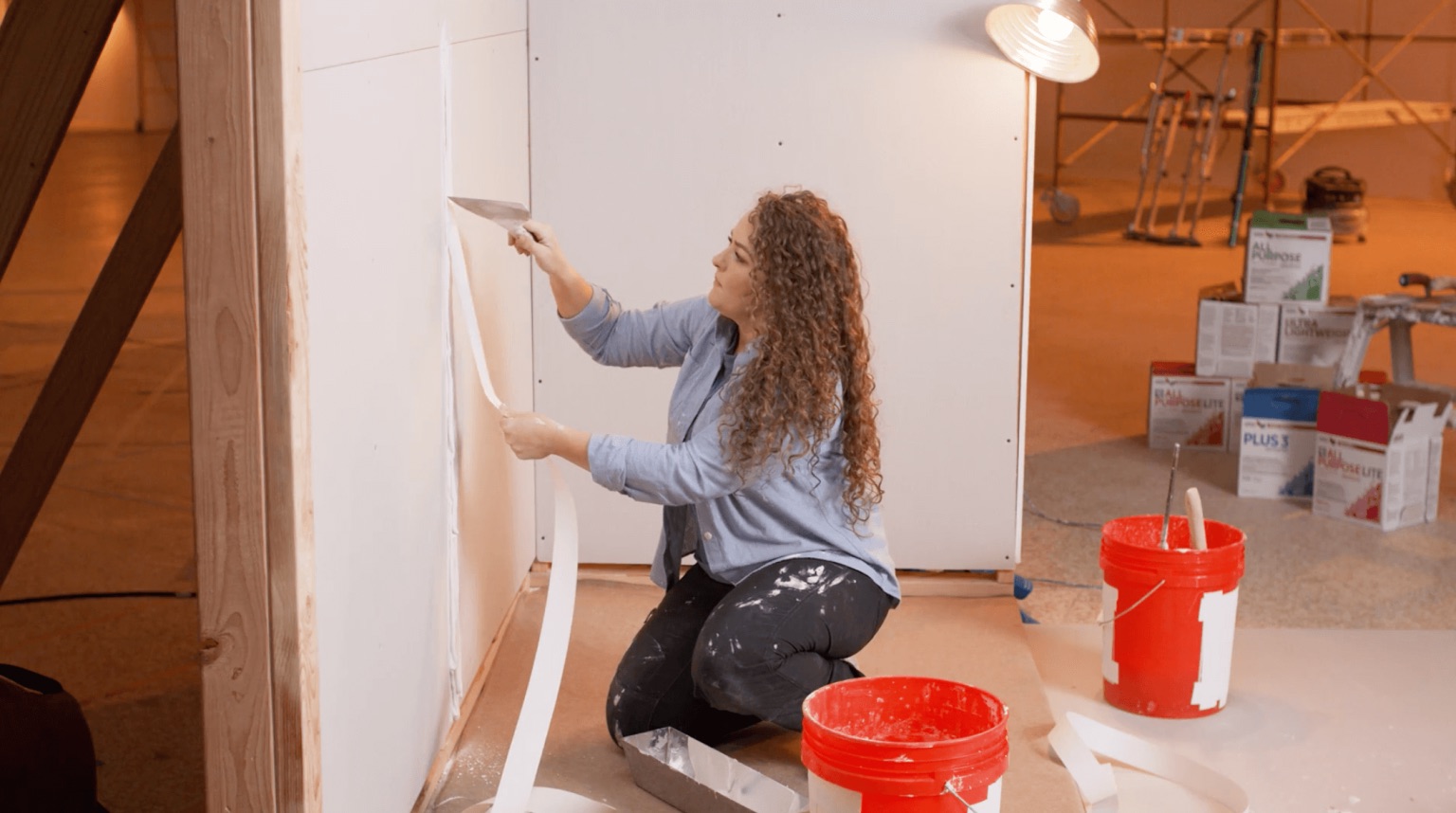

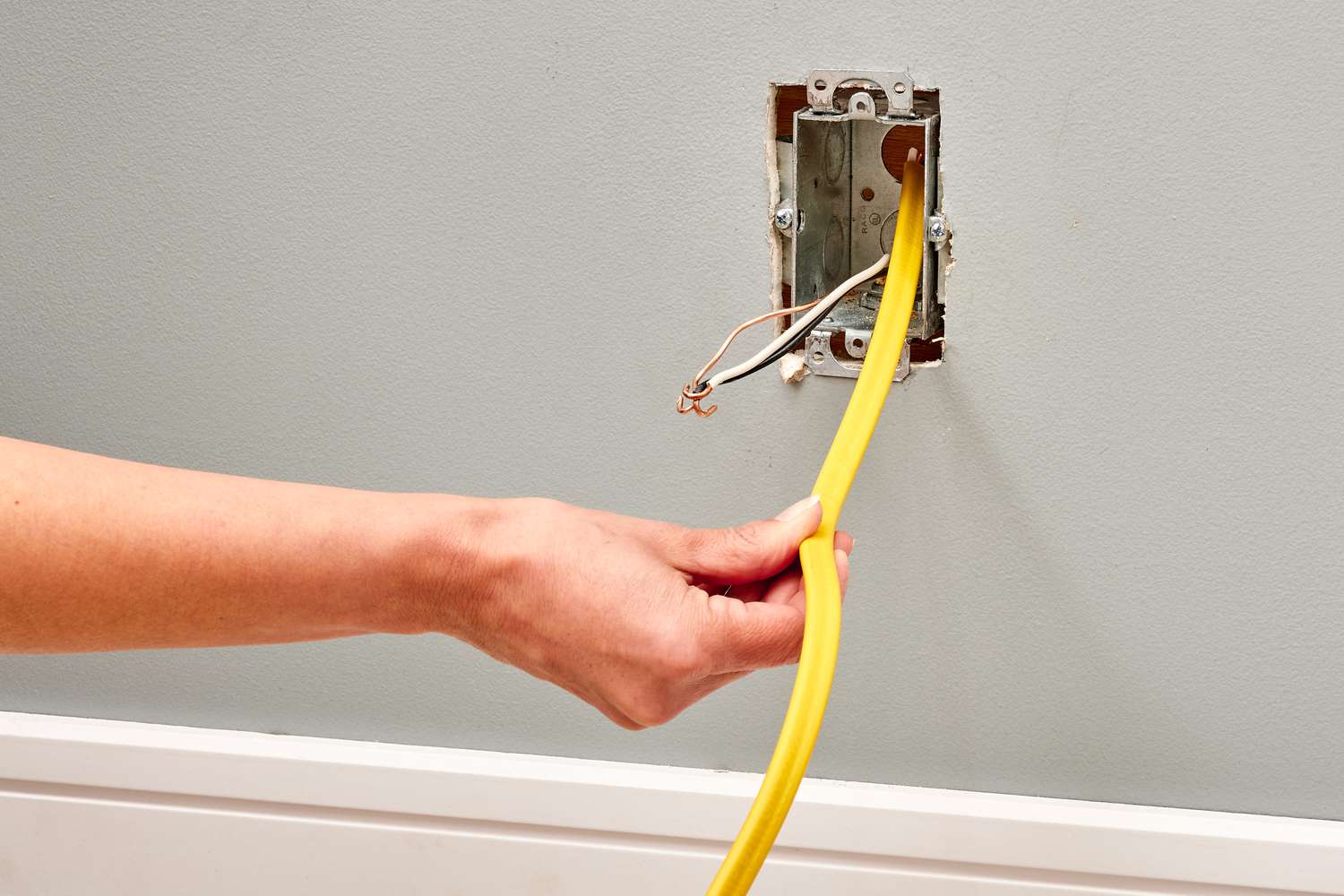

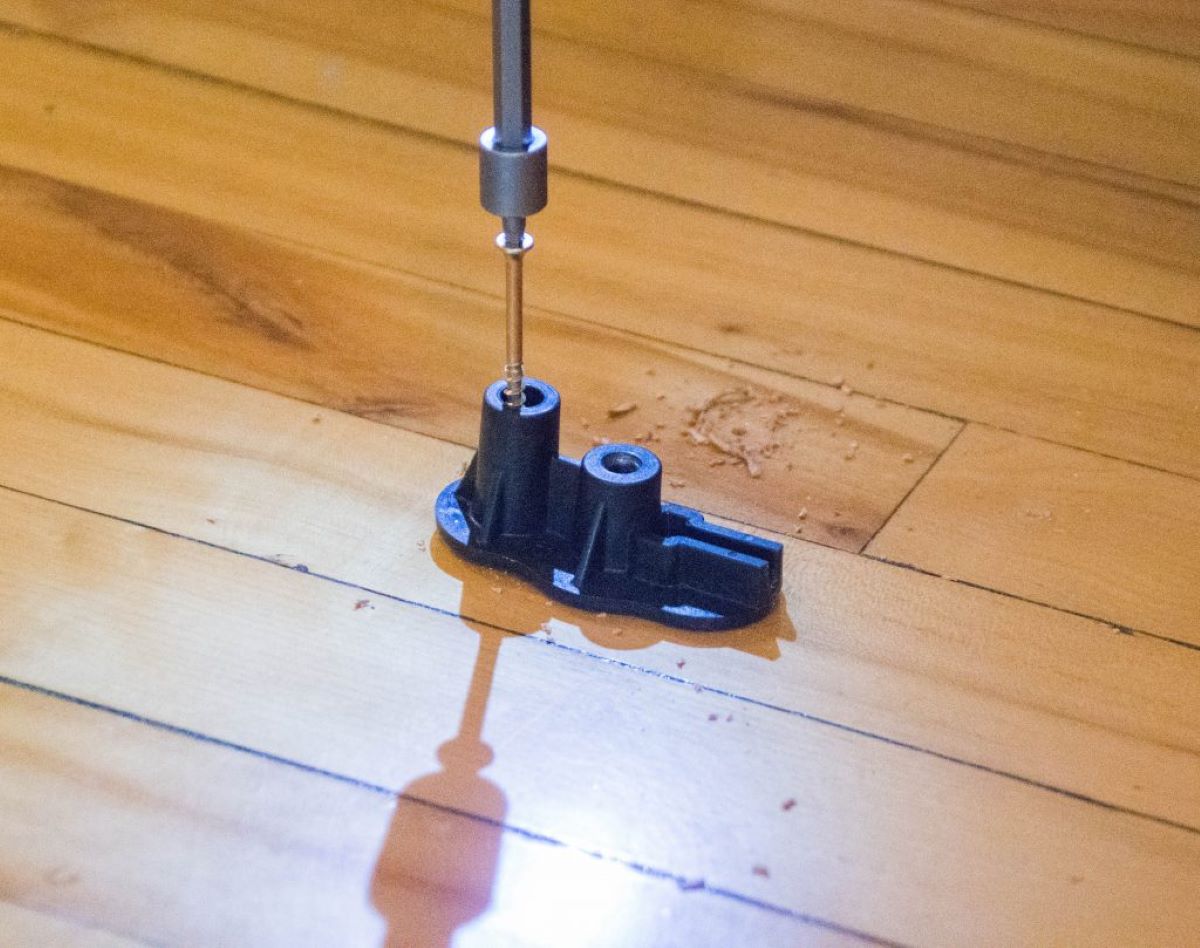
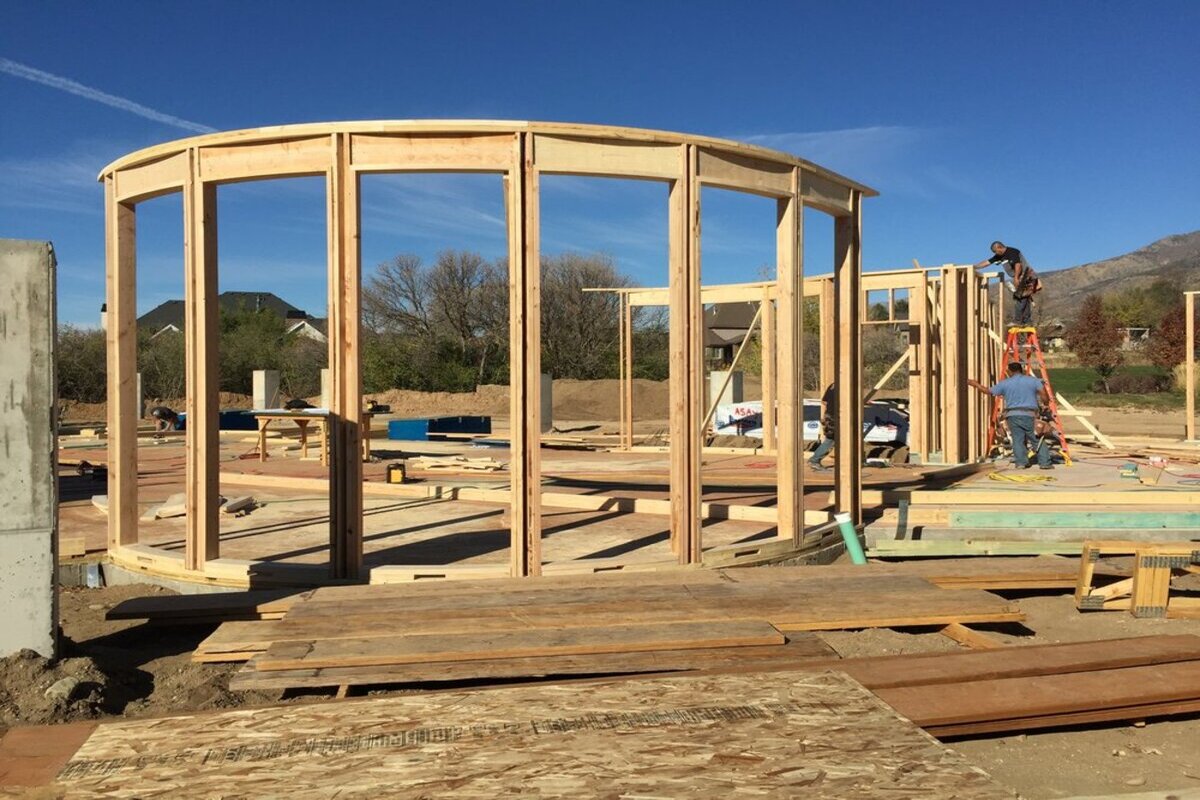
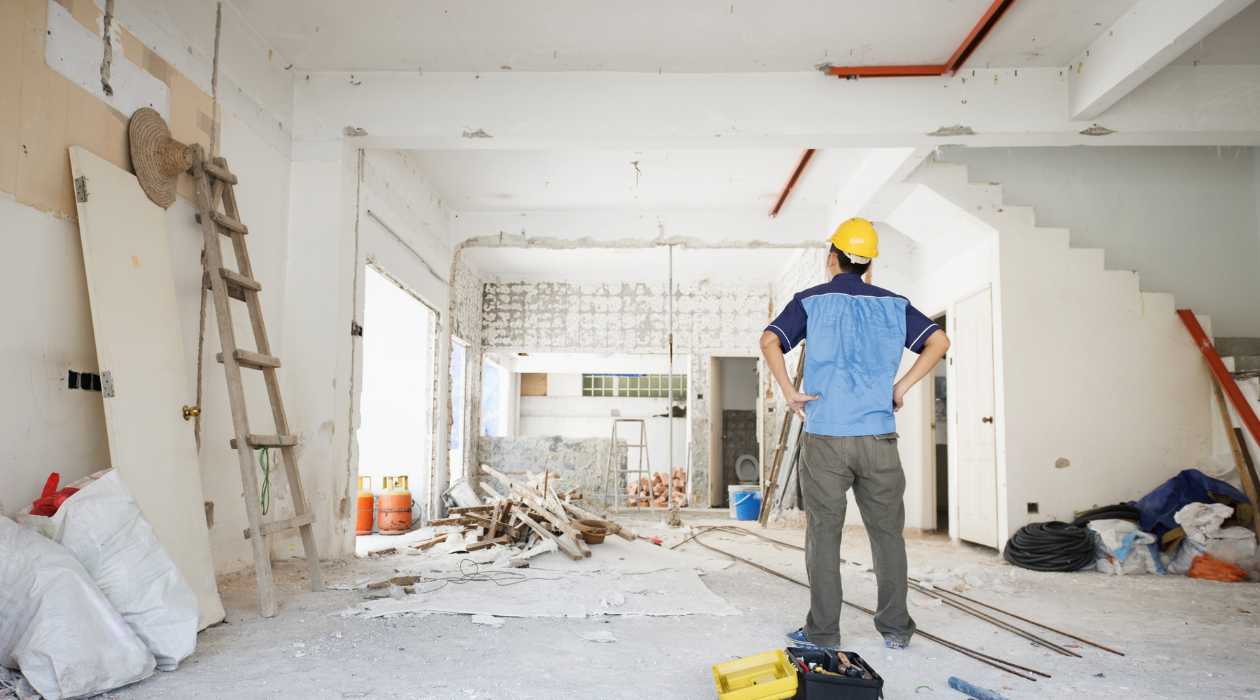
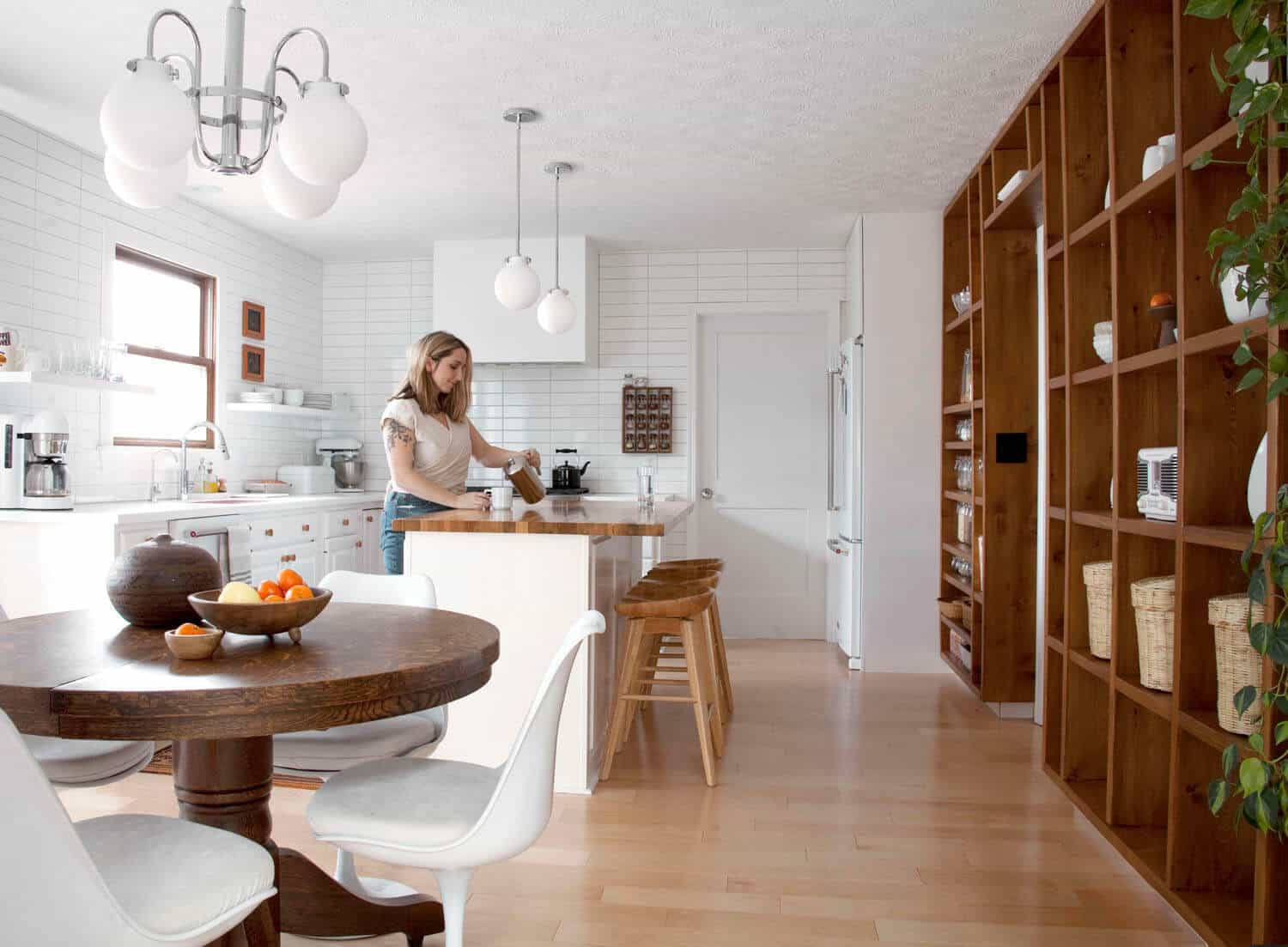
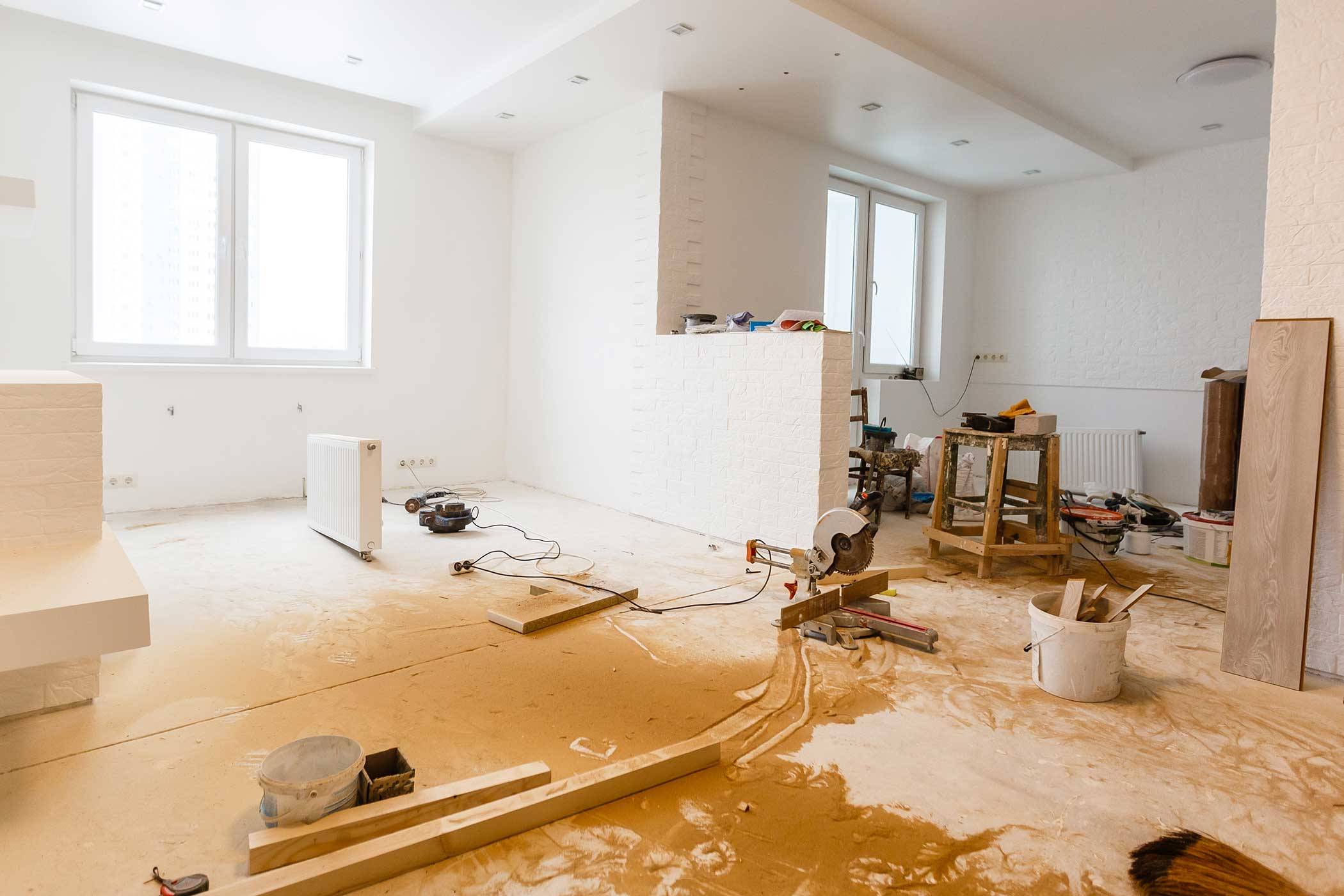
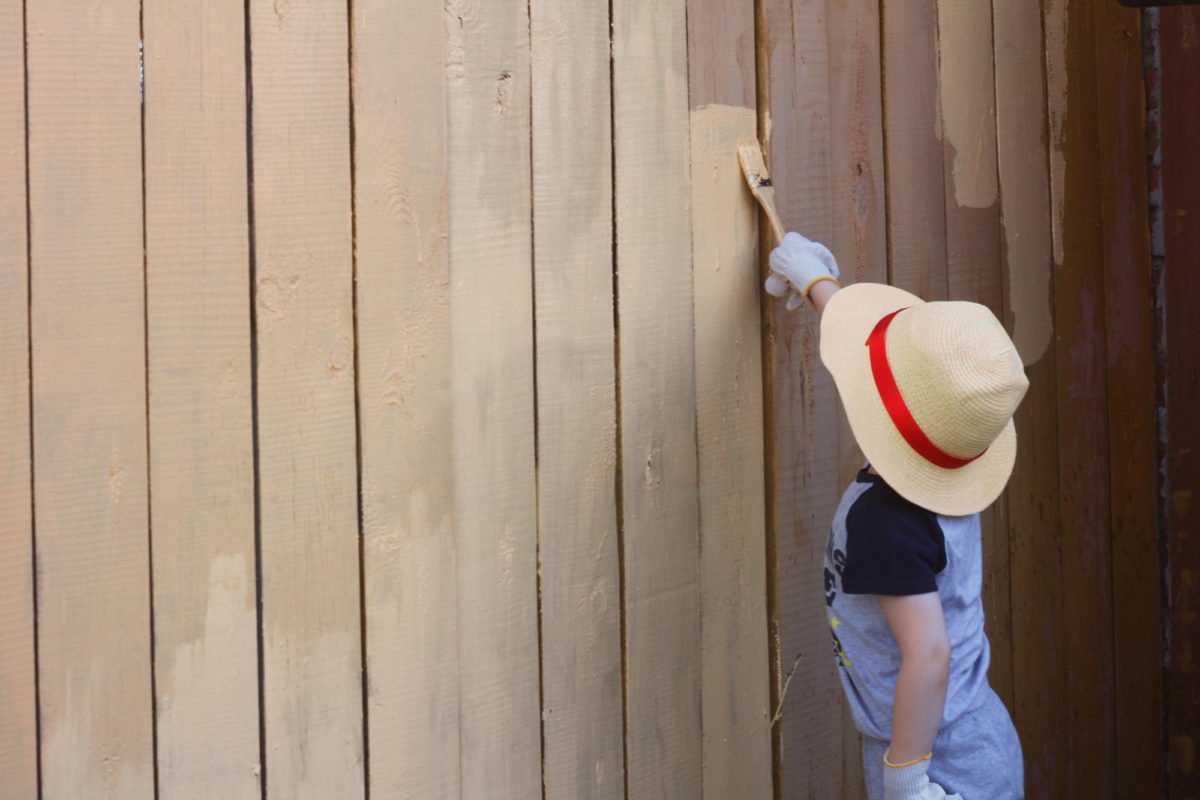

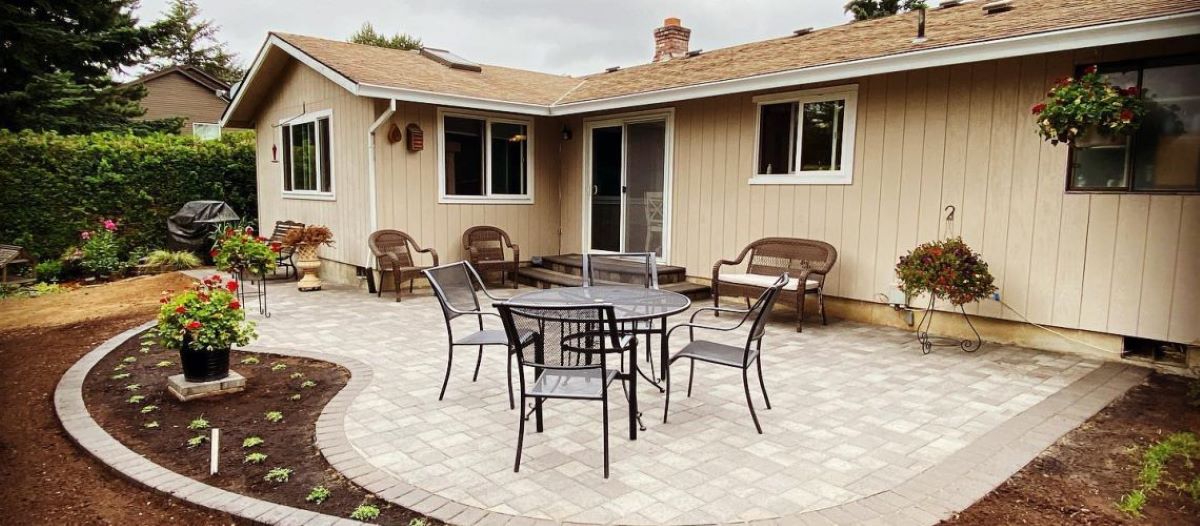
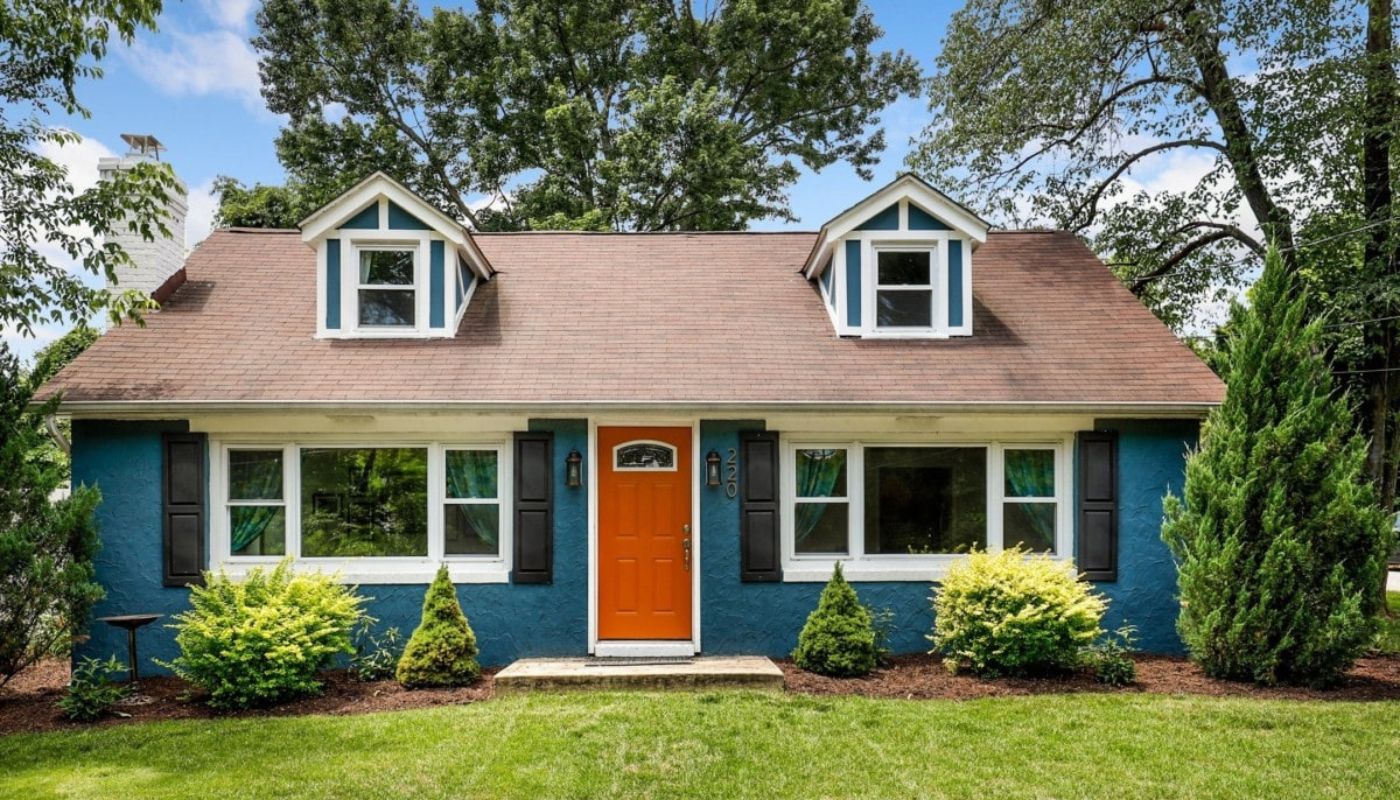

0 thoughts on “How To Budget For Home Renovation”